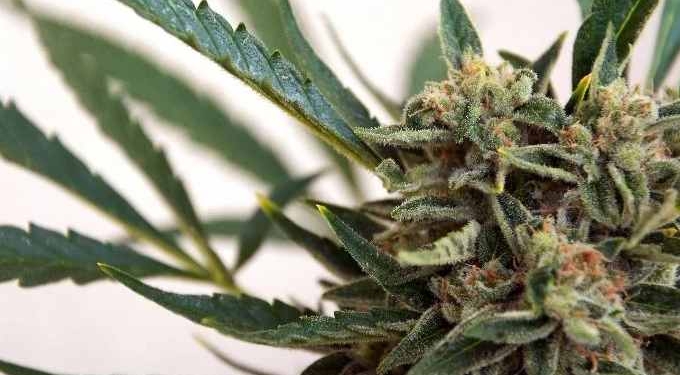
Elias Marat | The Mind Unleashed
On Tuesday Illinois became the 11th state in the U.S. to make cannabis legal for recreational use, but the state’s new legalization bill will also grant relief to about 770,000 residents of the state with marijuana-related offenses on their criminal records.
Many companies look at people's past before they hire them by searching their arrest records, even if they don't match up to where people are in life now. If you had trouble with the law, however, the good news is that some offenses can be erased.
The Cannabis Regulation and Tax Act, which will come into effect in 2020, has been hailed for not only ending cannabis prohibition but for also including broad criminal justice reforms that seek to undo the damage done against those who have run afoul of the state’s prohibitionist policies.
The 610-page act allows anyone with convictions of up to 30 grams of cannabis to automatically receive clemency and have their pot convictions expunged from their criminal records. Anyone convicted of larger amounts ranging from 30 to 500 grams would have the ability to petition the court to have the charges lifted.
Expungement is the process whereby a judge seals a criminal record from view, or ‘erases’ it in the eyes of the law. Records with past convictions pulled up in criminal background checks can often bar people from accessing housing or jobs, placing them in a position of de facto second-class citizenship.
The bill also allow for those with cannabis convictions to be given expedited access to business licenses and access to loans, capital, and protection from fees that are often used to place barriers to entry for smaller businesses. And $12 million will be allocated to startup business in the cannabis industry as well as funding for job training programs related to the Illinois cannabis industry.
The state’s Department of Agriculture will also create programs to assist the entry of people into the legal cannabis industry, with priority given to low-income students and communities who were previously targeted by anti-drug laws.
Illinois Gov. J.B. Pritzker successfully campaigned last year on a platform that included strong support for legalizing recreational cannabis, arguing that an end to prohibitionist laws would be an economic boon to the state, generating $800 million to $1 billion of revenue per year, reports the Associated Press.





![Everything You Ever Wanted to Know About 9/11 Conspiracy Theory in Under 5 Minutes [VIDEO] | by James Corbett](https://consciouslifenews.com/wp-content/uploads/2018/09/911-a-conspiracy-theory-350x250.jpg)









![Everything You Ever Wanted to Know About 9/11 Conspiracy Theory in Under 5 Minutes [VIDEO] | by James Corbett](https://consciouslifenews.com/wp-content/uploads/2018/09/911-a-conspiracy-theory-120x86.jpg)
